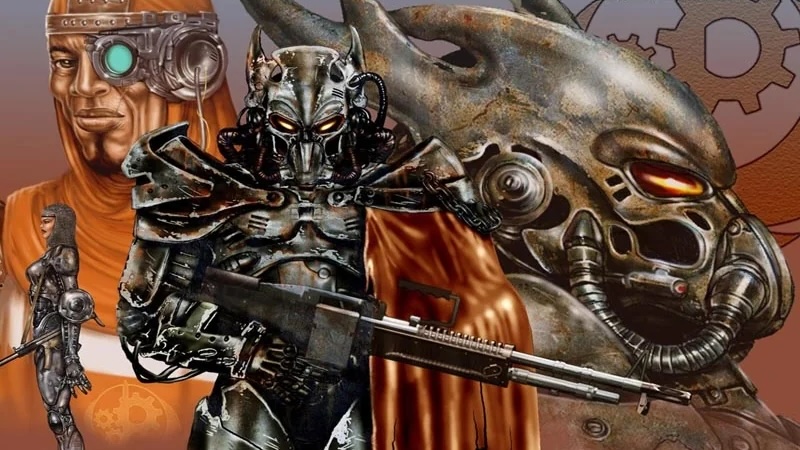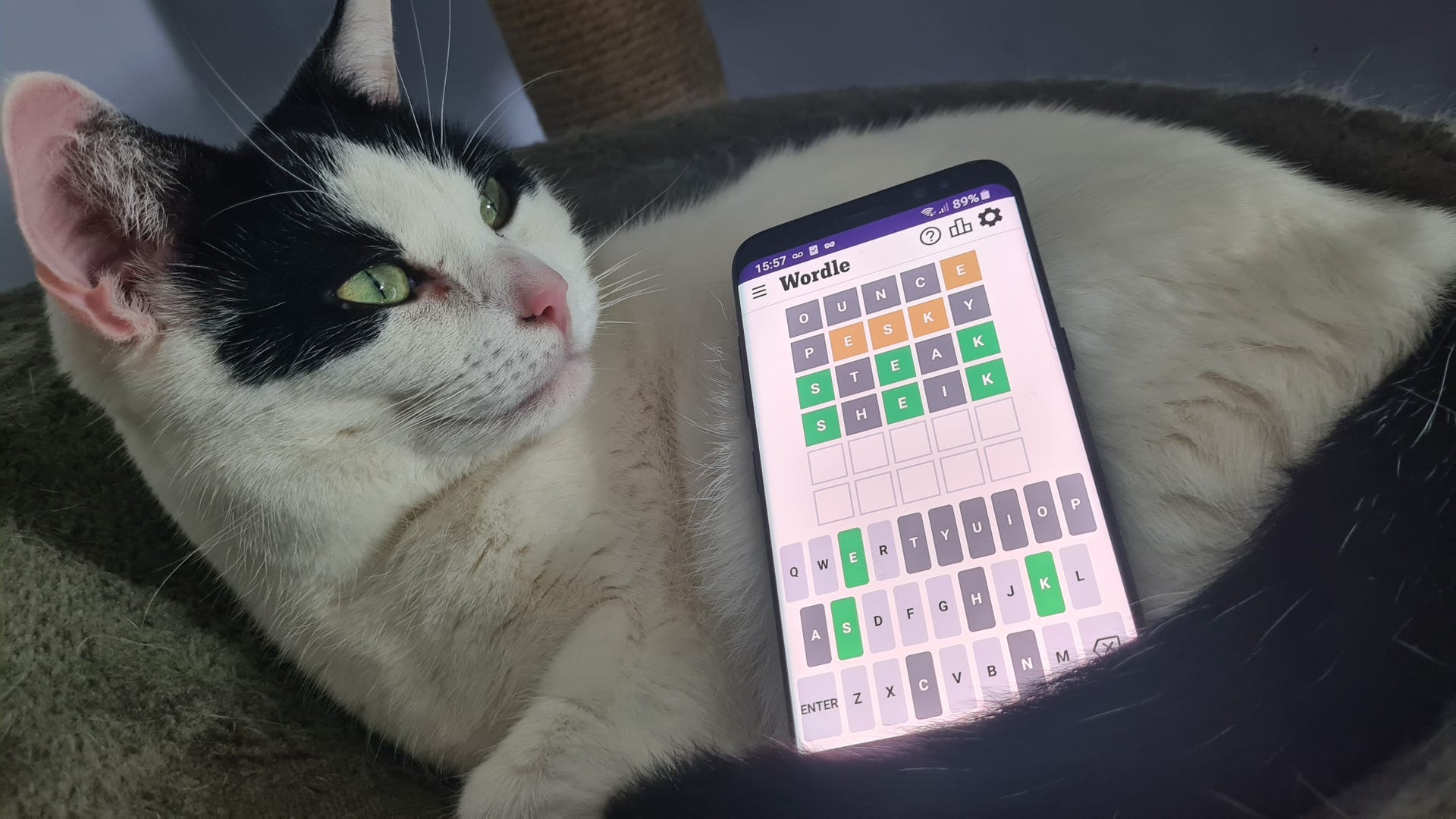
Fallout Tactics was made at a make-or-break moment for Interplay, a publisher with its fair share of make-or-break moments.
Similar to beloved classic PC developer Looking Glass Studios, ’90s RPG powerhouse Interplay’s legacy seems defined almost as much by its persistent financial difficulties as its great games. In an interview with PC Gamer contributor Jeremy Peel for a wider retrospective on Fallout Tactics, the game’s lead designer, Ed Orman, recalled how that instability trickled down to the studio he worked at, Micro Forté.
“At the time, I had no idea what was going on inside Interplay,” Orman said. “I do remember thinking that it was weird that we didn’t get to speak to more people that had worked on the original Fallouts. But I think they were busy working on something else.” Given the timetable of Fallout Tactics’ development (~1999-2001), I’d guess this something else was one or both of the Icewind Dale games.
“We got to speak to Chris Avellone a bit,” Orman added. “It was nearer the end where it became more apparent that there were a whole bunch of other pressures going on from the Interplay side.”
For most of Tactics’ development, Micro Forté interfaced with 14 Degrees East, a strategy-focused subsidiary of Interplay founded in 1999. “I think that insulated us a bunch from whatever was going on at Interplay,” said Orman.
While Micro Forté only experienced Interplay’s troubles indirectly, Orman thinks the publisher’s desperation definitely ratcheted up the tension during development, especially as Micro Forté approached the finish line: “I’m positive we weren’t told anything about Interplay’s financial problems, or anything along the lines of them needing to get this game out to get some money in. We just knew that we could not slip.
“So that was the real pressure. That was the crunch time. That was the sleepless nights and the stupid overworking that the game industry tolerated at that time, and I tolerated that at the time.”
For more on Tactics’ development and legacy, you can check out Jeremy Peel’s full Fallout Tactics interview-retrospective, a look back at a game with heart and hairy Deathclaws that was misunderstood in its own time. If all this Tactics talk has you jonesin’ for some Fallout firefights with a minimum of roleplaying, you can grab Fallout Tactics for yourself over on Steam, GOG, or Epic.






